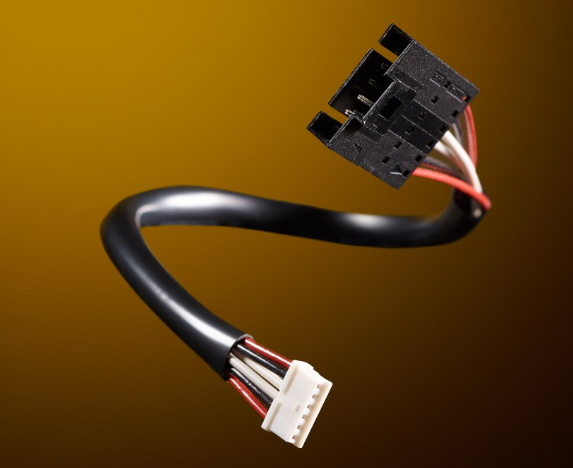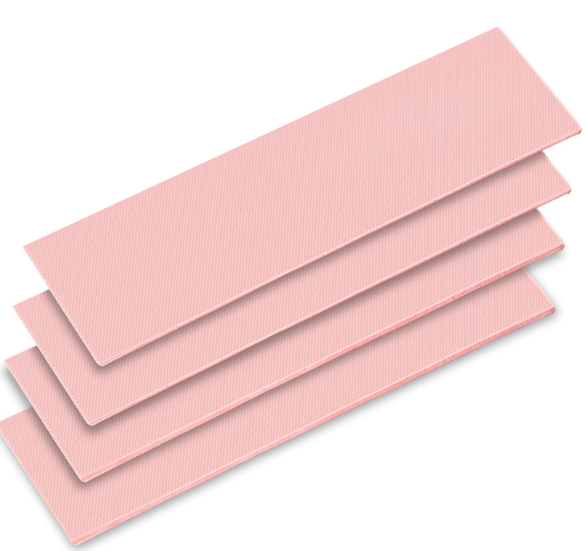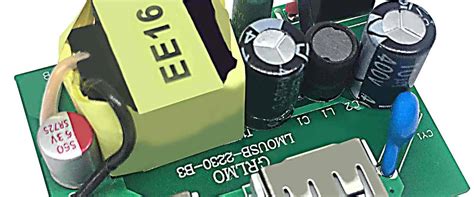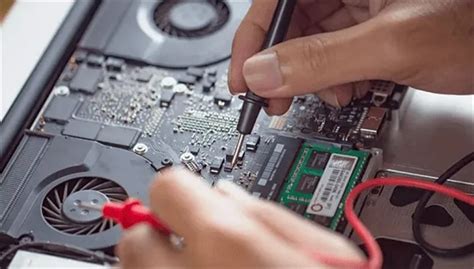Hdi flex pcb
HDI (High Density Interconnect) flex PCBs are flexible printed circuit boards that use advanced technology to increase the density of circuitry and components on the board.

HDI flex PCBs are designed to have a higher number of layers, smaller vias, and finer traces than traditional flex PCBs.
This allows for more complex and compact designs, making them ideal for applications where space is limited,
such as in medical devices, aerospace, and consumer electronics.
HDI flex PCBs are also known for their high reliability and durability,
making them a popular choice for mission-critical applications.
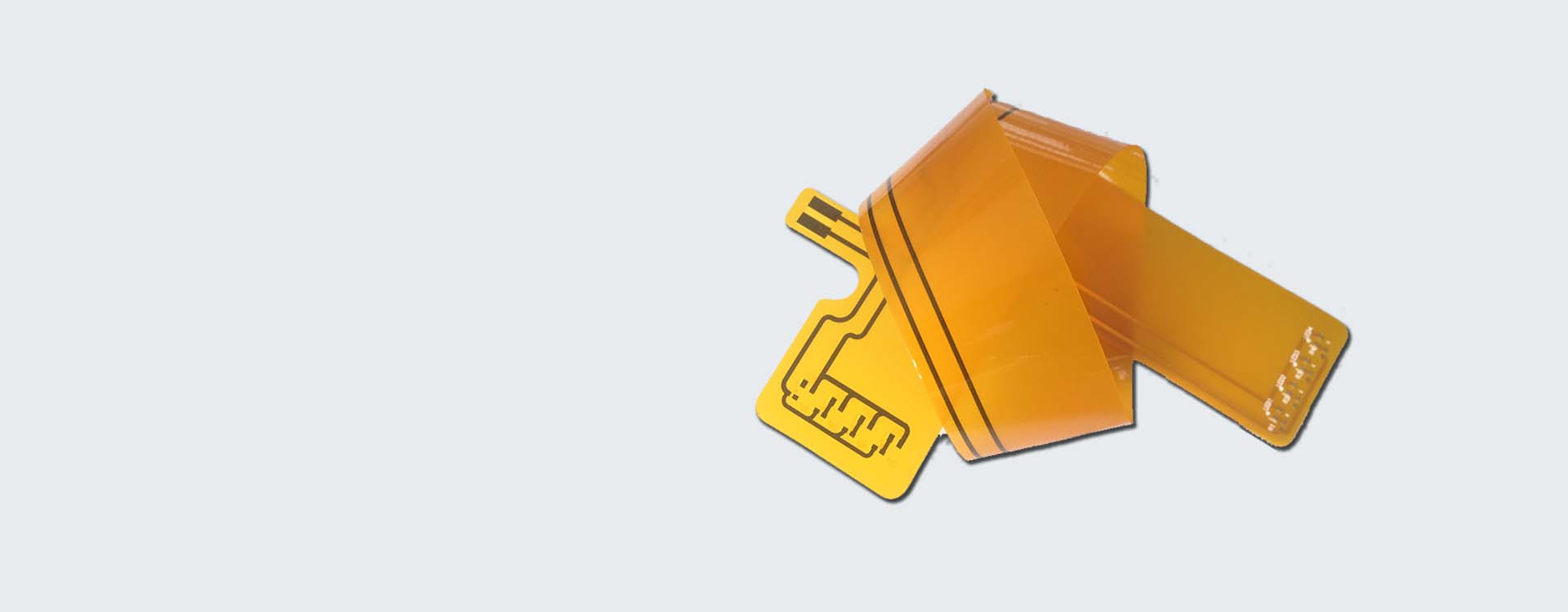
What can HDI soft board do
HDI soft boards, also known as flexible printed circuit boards (FPCBs), can perform a variety of functions due to their flexibility and high density interconnect technology. Here are some of the things that HDI soft boards can do:
1. Connect components: HDI soft boards can connect various components in electronic devices, such as sensors, displays, and batteries.
2. Bend and twist: HDI soft boards can bend and twist, making them ideal for applications where flexibility is required, such as wearable technology, medical devices, and automotive applications.
3. Save space: HDI soft boards are thinner and more compact than traditional rigid PCBs, making them an excellent choice for applications where space is limited.
4. Transmit signals: HDI soft boards can transmit signals and power between different parts of an electronic device.
5. Resist vibration and shock: HDI soft boards are more resistant to vibration and shock than traditional rigid PCBs, making them ideal for applications in harsh environments.
Overall, HDI soft boards are a versatile and reliable choice for a wide range of electronic applications.

